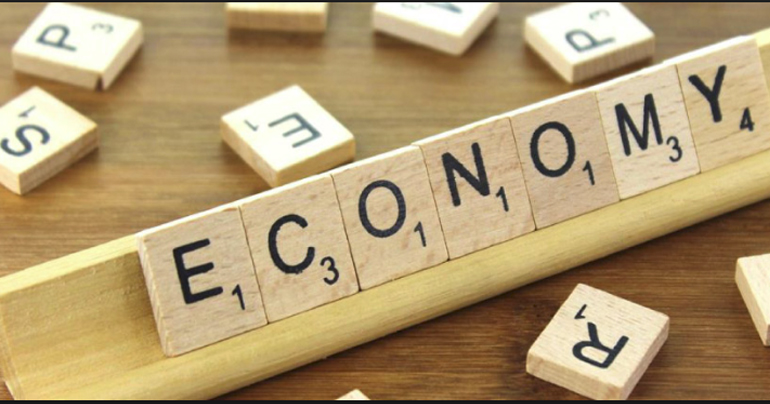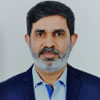
Changing face of Middle East Economies
16 Aug 2015Traditionally run by oil money, the Middle East is today looking at different avenues to diversify their energies, talents and investments. There is a new type of uprising in the Middle East but of the welcome kind. Entrepreneurs are fuelling the new trend of media, communications and internet based economics. Infrastructure development is fuelling the business side of the country to grow and explore more lines of industry.
The Middle East is a mix of rich and poor nations and this disparity is brought from the presence or absence of oil reserves in the country. Today the economy of oil has changed the world over. Large countries like the US are looking for alternative options that are less populating and more sustainable for the environment. With this changing face the new drivers of Middle Eastern economy have become the numerous start-ups that have surfaced all over the Middle East. The acceptance of these new businesses was greater in countries like Jordan in the early days but even Qatar and UAE have gotten on to the bandwagon today and are encouraging new developments in the communications and media space. The rising trend has also brought relief to the educated female population of the region, whose wish to work has been granted albeit in many places as a work from home option. The early governance systems were authoritarian and ran on singular policies but with open businesses and transparent policies in place the new businesses are leading the way in good governance.
The increase in new industry has also fuelled the need to develop a better education system and this has led to several partnerships with foreign universities in order to develop local talent. People from Europe, Asia and the Americas are considering giving their time, money and talent to this region that has suddenly unlocked its potential. Increasing the employability of its own people is the need of the hour because for a nation to grow it cannot consistently depend on foreign talent pools. Many nations in the Middle East today want to be taken seriously and counted in the world economies and this is showing through their investments in development and support extended to companies that are giving them a new identity.
In the long term the success of the Middle East will depend on its ability to deliver good governance, diversified economic opportunities for all and overall development of the region regardless of the politics arising from the various socioeconomic differences.
What people say

A business leader with a clear objective to Build a Legacy through his business acumen and passion to excel, being associated with Dr Tejinder opens up new avenues for learning.

Dr Tejinder Singh , the man who taught me to teach and lead. My first and only professional Guru who would run the mile first and push me to walk that . A wonderful human being and an exceptional professional.

Tejinder is one of the most amazing client/business partner that I have ever met.

I met Bhattia sahib once and found him very friendly,intelligent and very focused head of an efficient organisation.

In my association with Tejinder I have found him to be very frank in his views.He is very strong in his domain knowledge and also has sharp commercial acumen.

I was hired by Tejinder Sir, in the year 2003, which was also the turning point in my career.

My 1st Impression about Mr. Tejinder Singh Bhatia - An Exteremely Confident Professional, Who knows What he is Doing and Where he wants to Reach.

He was a dedicated and sincere person and always followed pragmatic approach while fulfilling his job responsilbilites.

I am priviledge to work under him, he is an excellent Leader where team always ready to work for him even at oddest hour of the day.